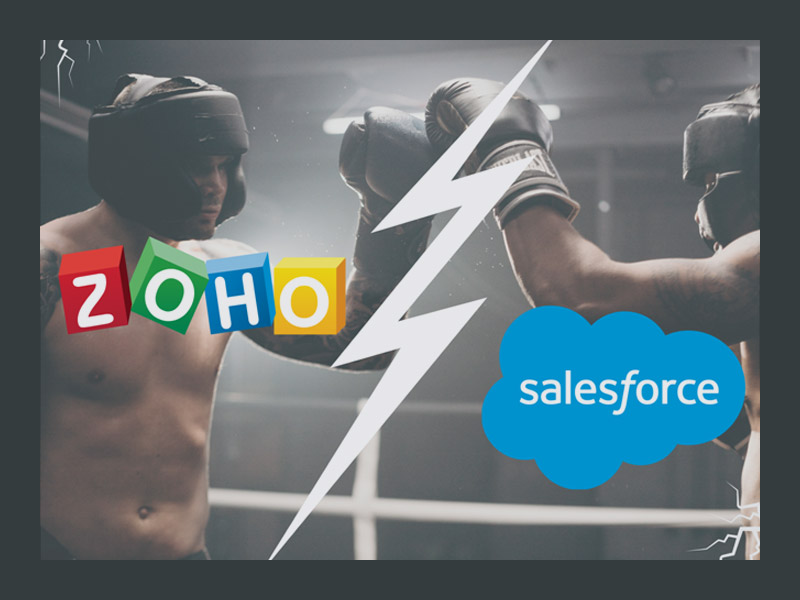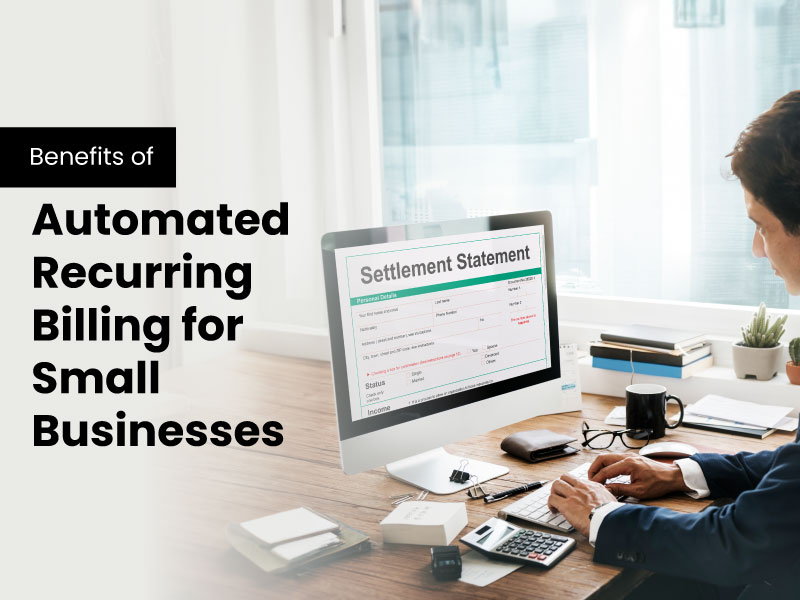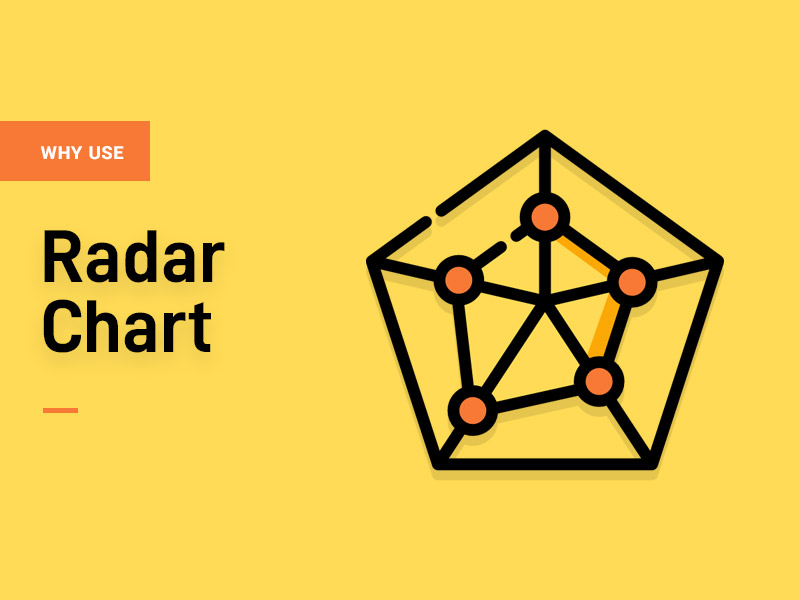Small businesses often face challenges when it comes to managing their customer relationships and streamlining their sales processes. In the digital age, having a reliable customer relationship management (CRM) system is essential for business growth and success. Two popular options in the market are Zoho and Salesforce.
Imagine this: there’s a wrestling ring gearing up for the two reigning champions of CRM for small businesses – Salesforce and Zoho.
So, in this battle of Zoho Vs Salesforce, who will emerge victorious?
Is Zoho or Salesforce better?
Let’s see!
Round 1: Which one is easier to use?
Even though both platforms have tried to make their interface as easy to use as possible, it’s still pretty hard to navigate them owing to the sheer number of features.
However, to operate Zoho, you don’t need much technical knowledge to use its varied features.
On the other hand, Salesforce is easy enough to set up but it quickly becomes hard to decode when it comes to its tools, particularly the advanced ones.
Therefore, the winner of round one is Zoho because everyone can use it easily.
Round 2: Which has better automation options?
One of the main reasons businesses shift to CRM is automation. And thanks to their lead scoring tools and data-driven insights, both Salesforce and Zoho offer quality services to help you automate routine workflows.
But while Zoho’s free plan also covers the automation of key processes such as contacts, accounts, tasks, and so on, Salesforce’s automation features can only be accessed by unlocking higher plans.
Each of these platforms also offers marketing automation.
In round two of Salesforce vs Zoho, the winner is Zoho since while with Salesforce it becomes possible to automate practically anything if you can pay for it, Zoho is more feasible for small businesses.
Round 3: Best reporting and analyzing tools?
Reporting and analytics are used by businesses to track how the various marketing campaigns are performing, how sales are functioning, whether emails are being sent out or not, and so on. Further, analytics tools that are powered through AI help in providing predictions and suggestions, and gain insights into trends.
Both CRMs help businesses with efficient and customizable tools for carrying out these tasks and have AI-backed tools – Einstein (Salesforce) and Zia (Zoho).
The only differentiating factor in this round is finesse.
When it comes to Salesforce vs Zoho in terms of reporting and analyzing tools, the winner is Salesforce.
Because Salesforce has many more reporting tools in its arsenal while Zoho has a limited number of tools, some of which aren’t even accessible till you get the Enterprise plan.
Round 4: The better platform for lead management?
Lead management is essentially about keeping track of contacts and lead information. This information includes names, addresses, and contact data of potential customers or clients.
Apart from this, related data such as different communication done with leads, their activity or interaction history with the brand, and other such things are also a part of lead management.
Salesforce and Zoho let users go over the data in list format which are searchable and filterable. Therefore, in terms of lead management, both are on the same level and are tied. Each comes with contact and lead tracking as well as one-page views, tagging, deduplication, and so on.
Round 5: More cost-effective CRM platform?
In the battle of Salesforce vs Zoho and their prices, Zoho has five while Salesforce has four pricing plans. Zoho also has a free version that can be used by small businesses with three or fewer users.
Pricing plans for Zoho (per person):
- Standard: $12
- Professional: $20
- Enterprise: $35
- Ultimate: 45$
Pricing plans for Salesforce (per user):
- Essentials: $25
- Professional: $75
- Enterprise: $150
- Unlimited: $300
For small business owners, the most suitable plans are usually Zoho’s standard subscription or Salesforce’s Essentials package. Both of these offer a diverse range of features such as contact management, reporting tools, email marketing tools, etc.
But while Zoho’s prices are still reasonable, Salesforce cost for small businesses is on the higher end. So even though it might provide extensive reporting and other tools and features, it is harder for small businesses to keep up with their costs.
Therefore, in this round of Salesforce vs Zoho for small businesses, Zoho wins!
If you’ve come this far and are a small business owner or entrepreneur on the lookout for a quality CRM that’ll help you build your brand, Zoho is the clear answer. And if you’re looking for a Zoho consulting partner, we’d just like to say – hi! How can we help you? 🙂







